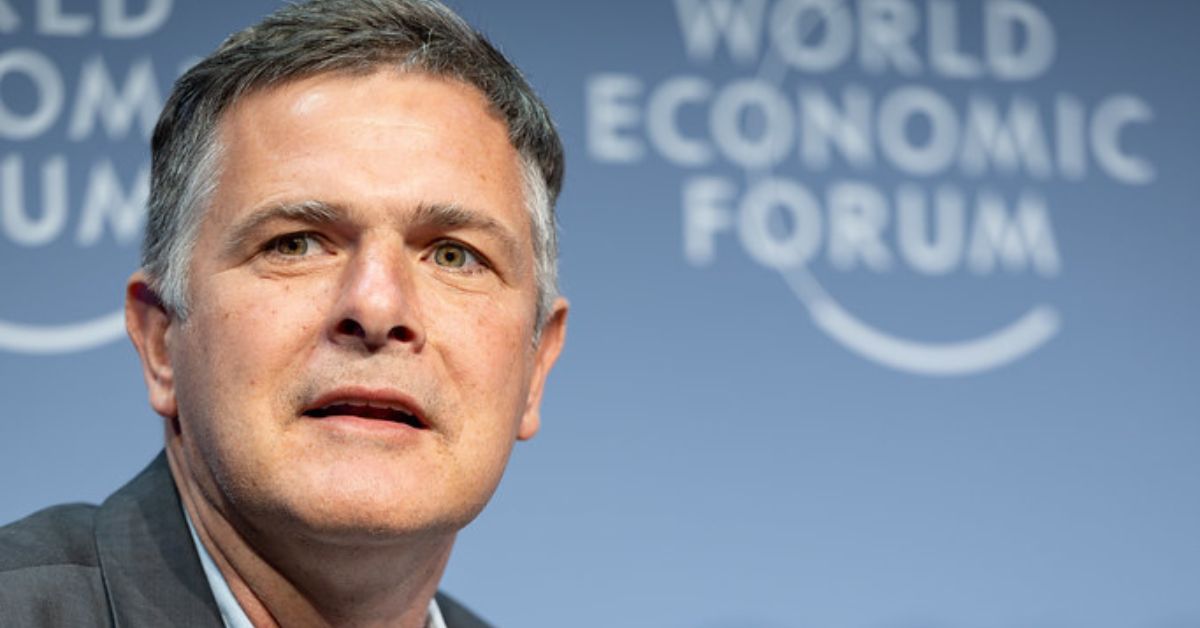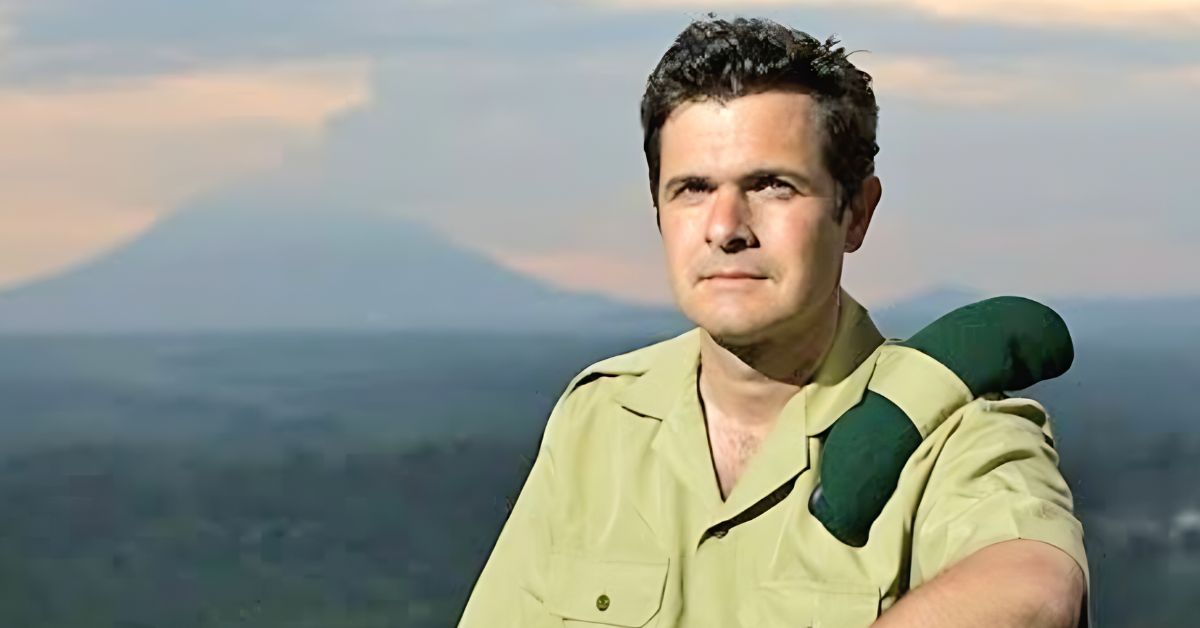DAVOS — Virunga National Park in the Democratic Republic of Congo (DRC) is a sanctuary of remarkable biodiversity and natural beauty. Emmanuel de Merode, the park’s director, has dedicated his life to preserving this fragile ecosystem amid ongoing conflict and environmental threats. On the sidelines of the World Economic Forum 2024 in Davos, de Merode discusses the intersection of environmental conservation, climate finance, and geopolitical challenges in the Congo Basin with TRENDS.
Excerpts:
Q: The DRC has faced decades of conflict, affecting both people and the environment. How does this impact Virunga National Park?
A: Armed groups have exploited the region’s forests, minerals, and wildlife, leading to deforestation, habitat destruction, and wildlife trafficking. Virunga, home to endangered mountain gorillas and other species, has faced severe threats. Despite these challenges, my team and I are committed to the park’s protection, though we’ve tragically lost over 200 rangers in defense of Virunga.
Q: In your efforts to protect Virunga, how crucial is climate finance?
A: Climate finance is vital for safeguarding areas like Virunga. We’re exploring innovative solutions, like hydroelectric energy generation, to attract conservation investments. It’s about finding sustainable methods to both preserve and enhance the local community’s livelihood.
Q: You work in an area that needs climate finance. How do you see that in the context of COP28?
A: Finance is critical for protected areas in the Congo Basin, serving as a key instrument for forest safeguarding. We’ve seen solid business cases for alternative instruments, especially generating hydroelectric energy from river systems. It presents a compelling investment opportunity for climate finance, though we must address concerns about investing in such environments.
Q: Do you see the West finally beginning to loosen its purse strings to fund conservation efforts? Is that happening now?
A: Everyone needs to support conservation; it’s a universal issue. The main challenge is the perceived risk in these environments, which increases financing costs, posing a significant challenge for us.
Q: How is the situation in the DRC concerning forest protection, especially with ongoing conflict?
A: We’re in a difficult position, experiencing a series of armed conflicts, currently in one of the toughest. This situation deters financing institutions from getting involved.

Q: With 211 of your team members killed in conflict, how does this impact your efforts?
A: Our government institution has a dedicated team committed to environmental protection, but the loss of 211 team members significantly complicates our mission.
Q: Are conflict groups exploiting forest resources to finance their operations?
A: Yes, numerous reports, including those from UN experts, have identified illegal resource exploitation and forest destruction as underlying causes of armed conflict. These issues are deeply interlinked.
Q: Is there a UN or international force in place to address the conflict?
A: The largest UN force in history has been deployed here, with mixed results. They’ve announced their departure, highlighting the need for a global effort to tackle these issues, which affect humanity as a whole.
Q: Considering the DRC is one of the three major forest regions, is the world aware of the stakes?
A: The DRC hosts one of the most intact of the three significant forest areas. Unfortunately, global awareness often comes after destruction. Proactive anticipation and planning are crucial.








